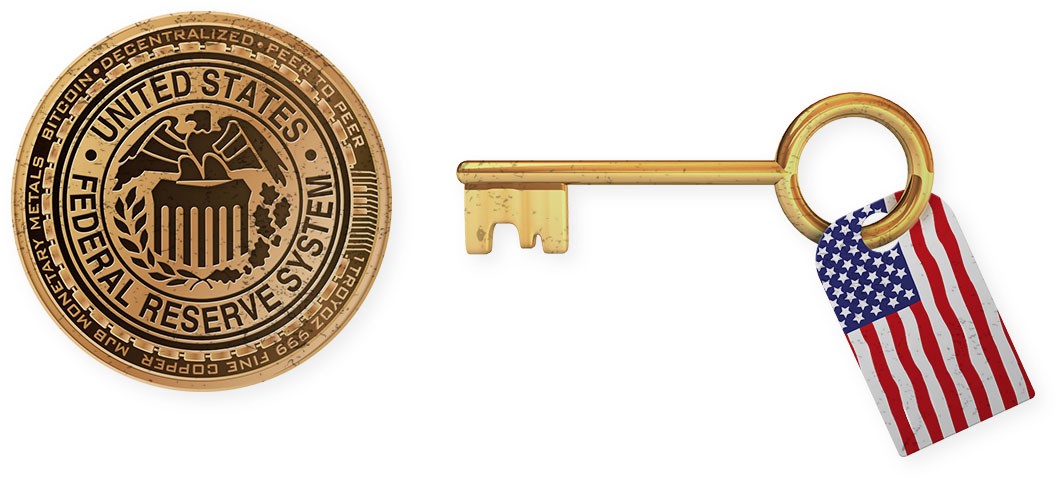Welcome to
On Feet Nation
Members
-
Creole Studios Online
-
Maxine Online
-
Blog Posts
Top Content
Bitcoin Is Big. But Fedcoin Is Bigger. - The Washington Post
PALO ALTO, Calif. (Reuters) - The Federal Reserve is looking at a broad range of problems around digital payments and currencies, consisting of policy, style and legal considerations around possibly releasing its own digital currency, Guv Lael Brainard said on Wednesday. Brainard's remarks recommend more openness to the possibility of a Fed-issued digital coin than in the past." By transforming payments, digitalization has the possible to provide higher value and benefit at lower expense," Brainard said at a conference on payments at the Stanford Graduate School of Organization.
Central banks internationally are discussing how to handle digital finance technology and the dispersed ledger systems utilized by bitcoin, which promises near-instantaneous payment at potentially low expense. The Fed is developing its own day-and-night Look at more info real-time payments and settlement service and is presently reviewing 200 comment letters sent late in 2015 about the suggested service's design and scope, Brainard stated.
Less than 2 years ago Brainard told a conference in San Francisco that there is "no compelling demonstrated requirement" for such a coin. However that was before the scope of Facebook's digital currency ambitions were extensively understood. Fed authorities, consisting of Brainard, have raised issues about consumer defenses and data and privacy hazards that might be posed by a currency that could enter into use by the third of the world's population that have Facebook accounts.
" We are collaborating with other main banks as we advance our understanding of reserve bank digital currencies," she said. With more nations looking into providing their own digital currencies, Brainard stated, that contributes to "a set of reasons to also be making sure that we are that frontier of both research study and policy advancement." In the United States, Brainard said, problems that need research study include whether a digital currency would make the payments system safer or simpler, and whether it could position monetary stability threats, consisting of the possibility of bank runs if money can be turned "with a single swipe" into the main bank's digital currency.
To counter the financial damage from America's extraordinary nationwide lockdown, the Federal Reserve has actually taken unmatched steps, including flooding the economy with dollars and investing directly in the economy. The majority of these relocations got grudging approval even from many Fed skeptics, as they saw this stimulus as required and something just the Fed might do.
My new CEI report, "Government-Run Payment Systems Are Risky at Any Speed: The Case Against Fedcoin and FedNow," information the threats of the Fed's existing prepare for its FedNow real-time payment system, and proposals for central bank-issued cryptocurrency that have actually been dubbed Fedcoin or the "digital dollar." In my report, I go over concerns about personal privacy, data security, currency manipulation, and crowding out private-sector competition and innovation.

Proponents of FedNow and Fedcoin state the government needs to create a system for payments to deposit immediately, rather than encourage such systems in the economic sector by raising regulatory barriers. However as noted in the paper, the personal sector is supplying a seemingly unlimited supply of payment technologies and digital currencies to fix the problemto the extent it is a problemof the time space between when a payment is sent out and when it is received in a savings account.
And the examples of private-sector development in this location are many. The Cleaning House, a bank-held cooperative that has been routing interbank payments in different types for more than 150 years, has been clearing real-time payments given that 2017. By the end of 2018 it was covering 50 percent of the deposit base in the U.S.
© 2024 Created by PH the vintage.
Powered by
![]()
You need to be a member of On Feet Nation to add comments!
Join On Feet Nation